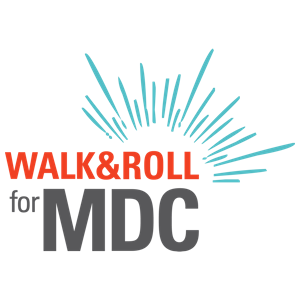At the end of 2020, Health Canada approved Onasemnogene abeparvovec (Zolgensma®) for the treatment of pediatric patients with 5q Spinal Muscular Atrophy (SMA) with biallelic mutations in the SMN1 gene and three or fewer copies of SMN2 gene, or infantile-onset SMA, bringing renewed hope to Canadian families affected by SMA. Onasemnogene abeparvovec is the second treatment approved by Health Canada for SMA and the first gene therapy for SMA. The broad indication as part of Health Canada approval was followed up with recommendations from the Institut national d’excellence en santé et en services sociaux (INESSS) and most recently, the Canadian Agency for Drugs and Technologies in Health (CADTH) Canadian Drug Expert Committees. The recommendations were formulated following a comprehensive evidence-based review of the medication's efficacy or effectiveness and safety and an assessment of its cost-effectiveness. The CADTH recommendations note that Onasemnogene abeparvovec should be for patients who are: symptomatic or pre-symptomatic with one to three copies of the survival motor neuron gene; 6 months of age or younger; not currently requiring permanent feeding or ventilatory support (either invasive or non-invasive).
Based on the patient input we put forward to CADTH and INESSS, we know SMA contributes to a loss of independence, increased load on families, difficulty breathing, swallowing and loss of mobility and can have a negative impact on mental and emotional well-being. Since Health Canada’s approval of treatments for SMA, families have been anxiously approaching age limitations and tirelessly advocating for access. While we commend INESSS and CADTH for their thorough class reviews, we are disappointed to see Onasemnogene abeparvovec is not recommended for those over the age of 6 months and a case-by-case review mechanism has not been suggested by CADTH. This emphasizes the need for a comprehensive Rare Disease Strategy and a process/mechanism to address the evidence gap for older infants and children. We thank the clinical experts for contributing to the reviews and we are in full agreement with the clinical experts that “earliest possible initiation of therapy” is important when it comes to SMA because it is associated with irreversible loss of motor neurons and motor nerves. This means in order to best benefit from the treatments currently approved and available in Canada, a diagnosis should be available as early as possible. Thankfully, this is the case in Ontario – newborn screening for SMA is part of the infant screening panel at birth since 2020. However, for anyone outside of Ontario, a diagnosis prior to 6 months of age is not always achieved. The recent INESSS and CADTH recommendations highlight the critical need for newborn screening, especially in the presence of approved treatments, and strongly provides support for MDC’s current initiative to implement nation-wide newborn screening for SMA.
We acknowledge that the recent approval of another treatment for SMA and related drug review recommendations has taken us another significant step towards early diagnosis and treatment choice. MDC is committed to continually work with individuals affected by SMA and their families on an individualized basis to provide holistic supports, resources for making evidence-informed choices and supporting individual advocacy activities.
We are looking forward to continued research and developments that can demonstrate the meaningful benefits of early diagnosis and early access to treatments for health outcomes and health-related quality of life for Canadians affected by SMA.
Sincerely,
Stacey Lintern
Chief Executive Officer
Muscular Dystrophy Canada




